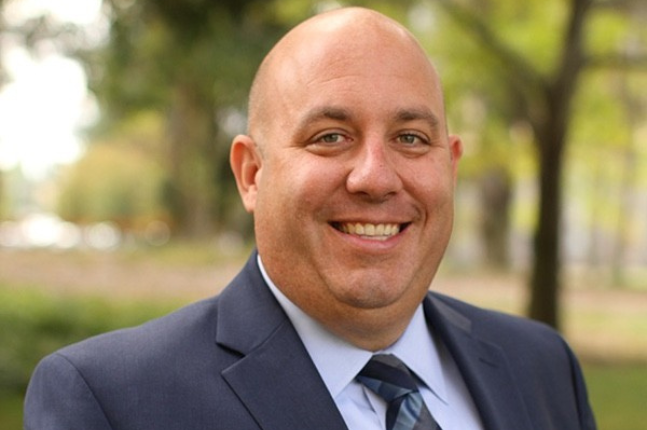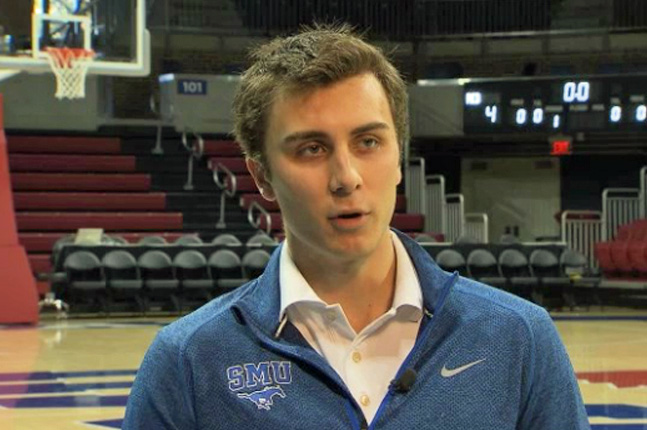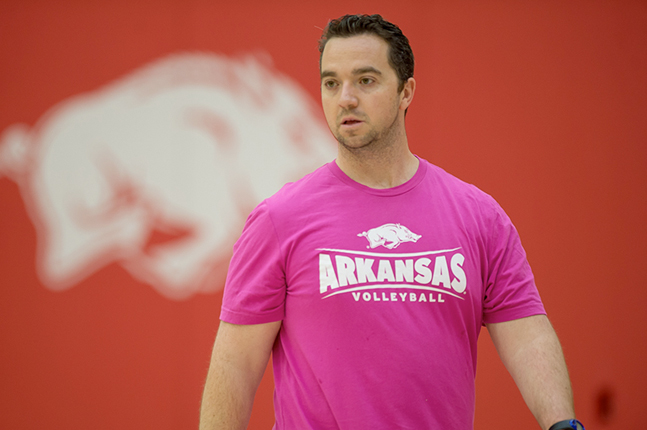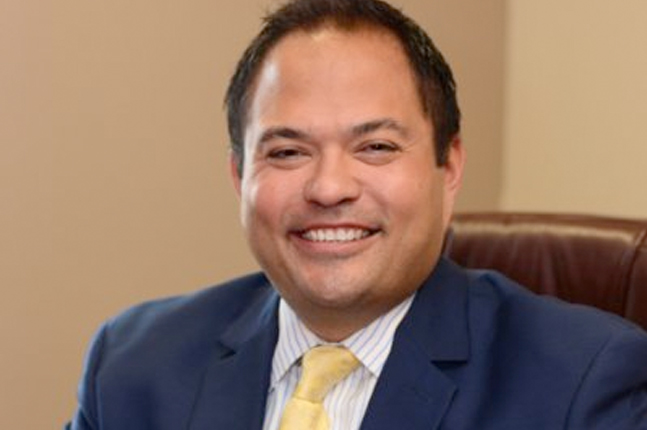Neil Markley takes the helm as the National Association of College Auxiliary Services (NACAS) president with a strong belief in NACAS and the auxiliary profession, determined to support NACAS’ strategic plan, as he considers himself to be a caretaker for the year.
It’s the career that no one ever dreams of—but for more than two decades Neil Markley has found his time in auxiliary services a fascinating success.
Markley, now an associate vice president at Sonoma State University (SSA), first heard of the school through friends and visited during a wet, chilly spring break.
“I slept in a room without a heater. It rained but there was something about the campus that was really cool,” he recalled.
He didn’t know what profession he wanted to pursue, only that he did want to attend college. SSU leapt ahead of the other schools under consideration because of an extraordinary, yet simple, act.
“I had an issue transferring a math class from junior college. While I called other colleges and got a phone tree, I actually had a Sonoma State faculty member call me and work through the thing,” Markley said. “I was like, ‘Wow, someone on the faculty called me?’ That kind of sealed the deal for me. They were a small but growing campus. Through friends, I also learned the administration was fairly new and had a great vision for the campus.”
He transferred to the school in 1994, graduated in 1996 and stayed to pursue his master’s degree. He worked a student job as a manager of the on-campus pub, where he says he got hands-on experience in management and leadership. When he graduated with his master’s in 1998, he was offered a full-time role as the special assistant to the vice president of administrative services. From there, he moved into the director of conferences and events job, and then ultimately his current position as associate vice president for administration and finance.
“I tell my people our job is to increase the value of the students’ degree. As they graduate and move out into the world, we need to keep moving to increase the value of their degree,” he said.
As a life-long Dodgers fan, he considers auxiliary professionals the ‘pinch hitters’ on campus. When Markley was asked to pinch-hit in student affairs, it turned out to be his favorite time in his career. He oversaw programming, student involvement, clubs, organizations, the recreation center and the creation of a new student center. It felt reminiscent of his time as a student on SSU’s campus when he started a fraternity. A highlight was opening the 1,600-seat indoor (5,000-seat outdoor) music center that has hosted acts from Yo-Yo Ma and Liang Liang to Trace Adkins and Andy Grammer.
Combining his student development experience along with his business and leadership responsibilities enabled him to move two seemingly disparate (and sometimes competing) worlds in one direction.
“People view the business side as cold money people, and business people view the student affairs side as ‘they’re bleeding hearts with no concept of money.’ I get it, but I don’t,” he said. “I don’t make any more or less money, I make the same salary, but we do it for the students. I think my team on the business side understood that. The team respected the student affairs side. Leveraging the discipline of the business side to put into the student affairs side is really what we tried to do to create efficiencies, manage budgets and plow extra resources towards student development. It worked well.”
Whether it’s pinch-hitting or merging two sides of campus operations, Markley acknowledged auxiliary services can be a mystery, except for those who know all too well—like the members of NACAS. He remembers his first conference in the late ’90s in New Orleans, an auxiliary professional—getting the word and thanks his work predecessor with introducing him to the organization. He’s found it to be led by passionate volunteers and supportive colleagues. He has served as the West region president and a national board member. While he never aspired to the NACAS president role, he says it has come at the right time.
“I believe in the organization. I believe in the profession. It’s the profession nobody dreamed of. That’s one of the challenges we have as an auxiliary professional – getting the word out to what we do and what our roles are. Even on our campuses, we’re still mysterious,” he said.
That’s what he says makes the NACAS membership so valuable; the unspoken understanding among members that if everything is going right, there’s no chatter. But when something goes wrong, it can become very public.
Markley says his main focus will be supporting NACAS’ strategic plan, as he considers himself to be a caretaker for the year to ensure the organization is executing what it should. He noted three priorities: increasing auxiliary professionals’ ‘brand’ so their value is more apparent and visible. That leads to advancing those in the profession to help them grow their careers through professional development, education sessions, and conferences. The last priority is enhancing the member experience by connecting commerce business partners with campuses by boosting knowledge, and sharing opportunities between vendors and schools about retail, money-making endeavors, and student services.
“There’s nowhere else I can think of that can I go and have my peers in one place and be able to share with them and learn from them. For example, during the pandemic, there were NACAS meetings we almost started as therapy sessions. It’s a tremendous support group!” he said. “All of our people are dealing with the same issues, all in a state of chaos on campus. One, it’s great to know everyone’s in the same boat. Two, it’s great to share, ‘here’s what we did, what we’re doing,’ even if there were no solutions. Just hearing that was great.”
The broad and critical mix of responsibilities that fall under auxiliary services reminds him of a recent National Association of College & University Food Services show that he attended. Plant-based burgers garnered a lot of attention, and the show itself didn’t cover the breadth and scope of his profession. But that amplified to him how important an organization like NACAS is.
“We’re like door locks to bagels and lox,” he laughed. “That’s what we get and it’s unique.”





